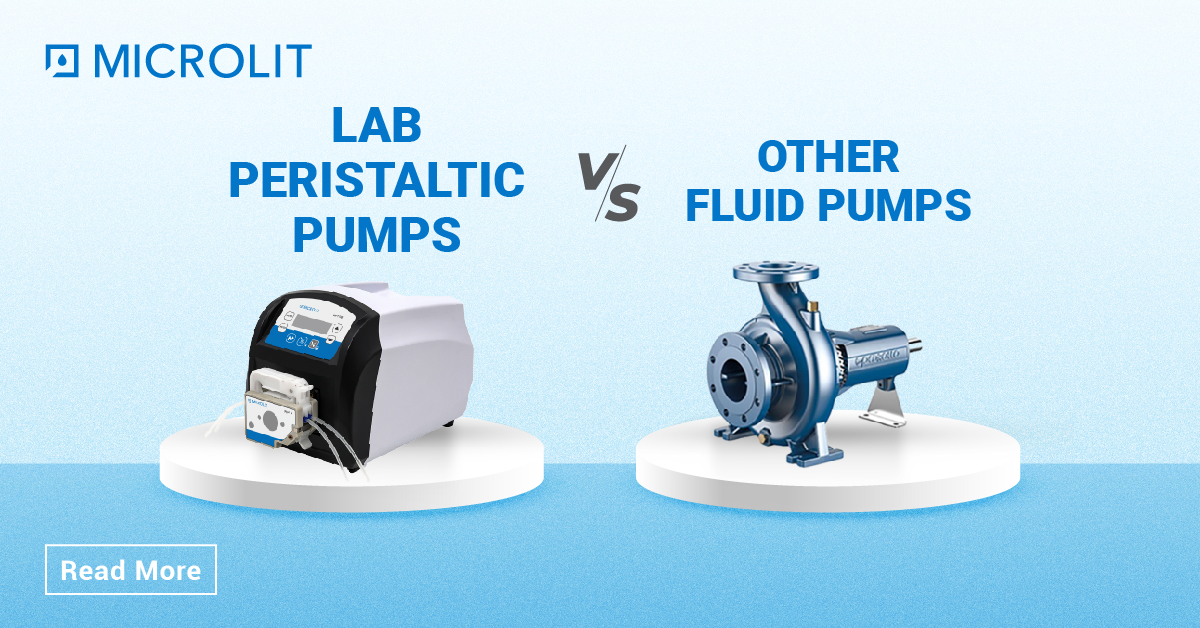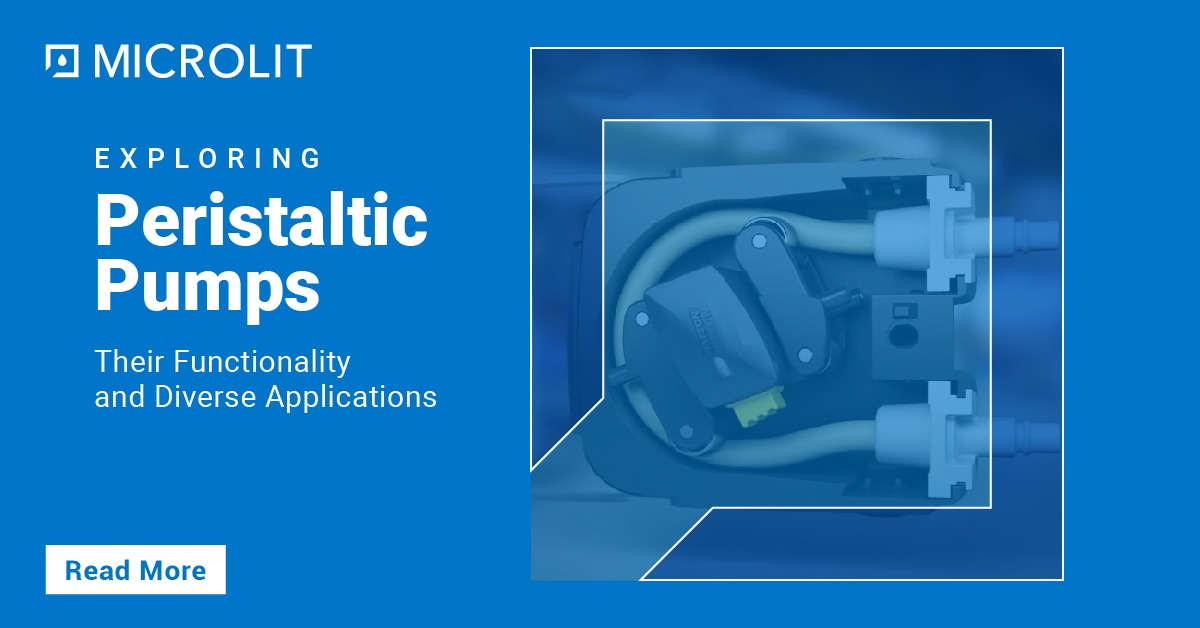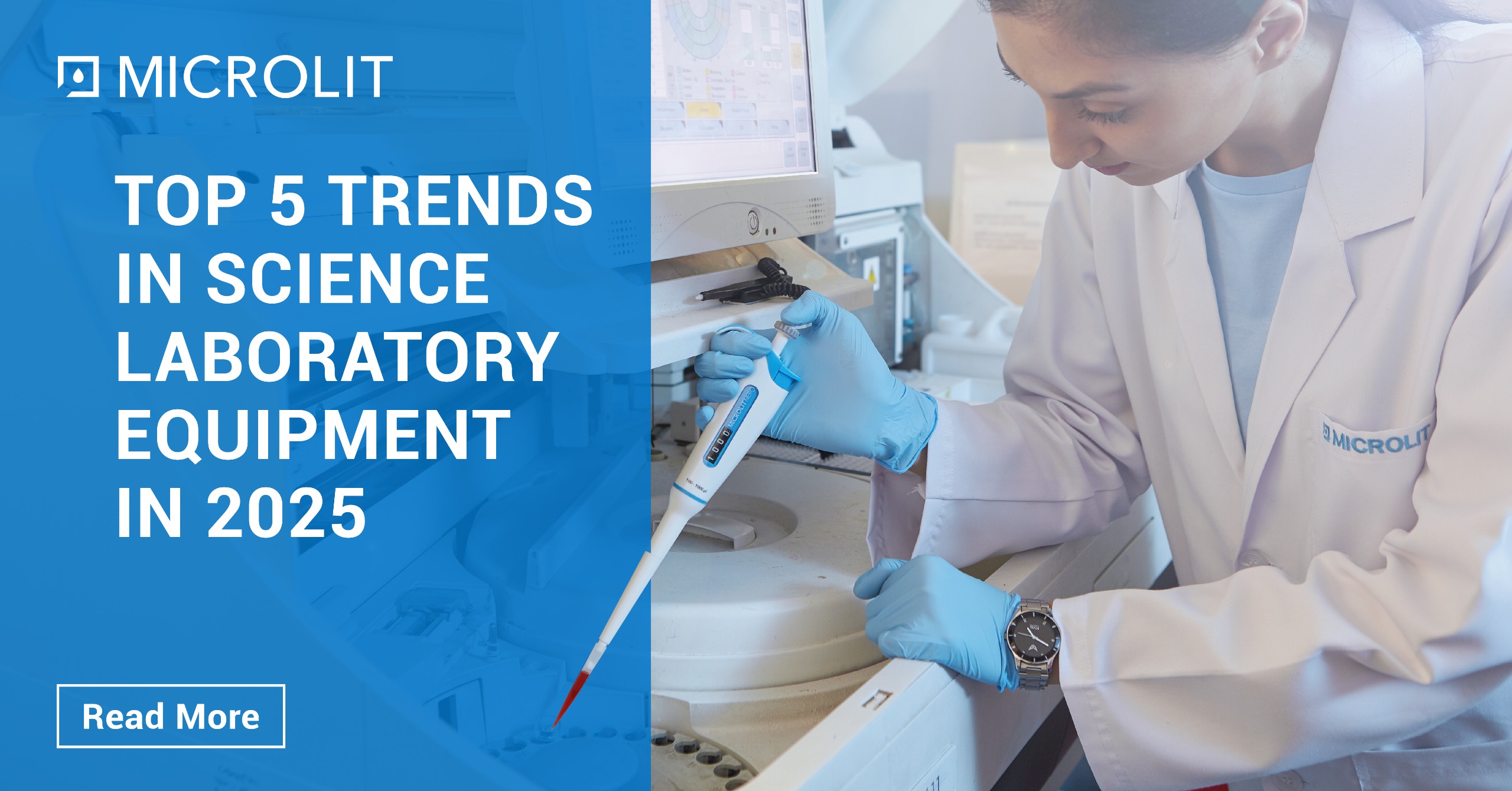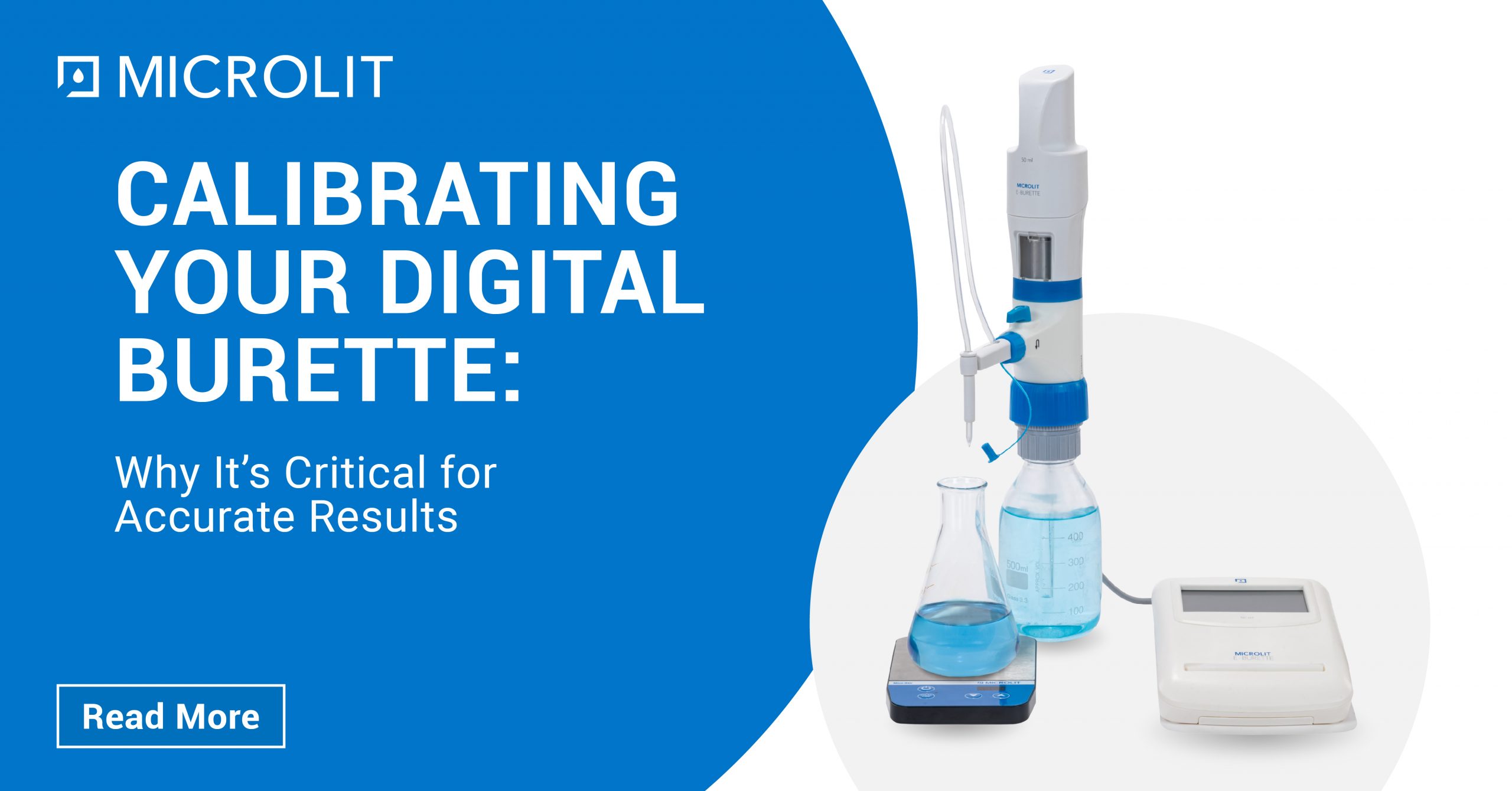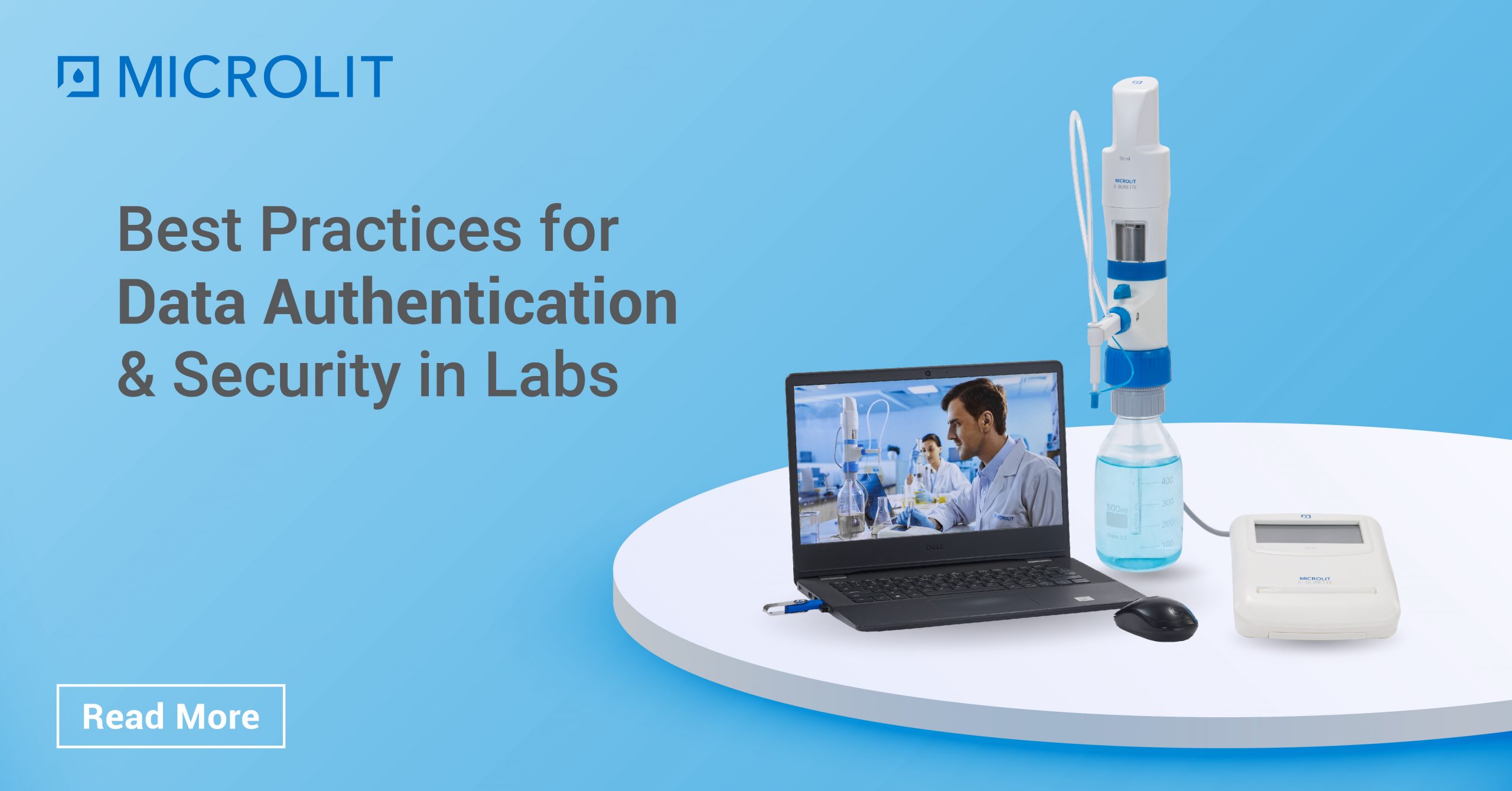Addressing Liquid Handling Challenges in Microfluidics and Nanotechnology
- January 12, 2024
- ENQUIRE NOW
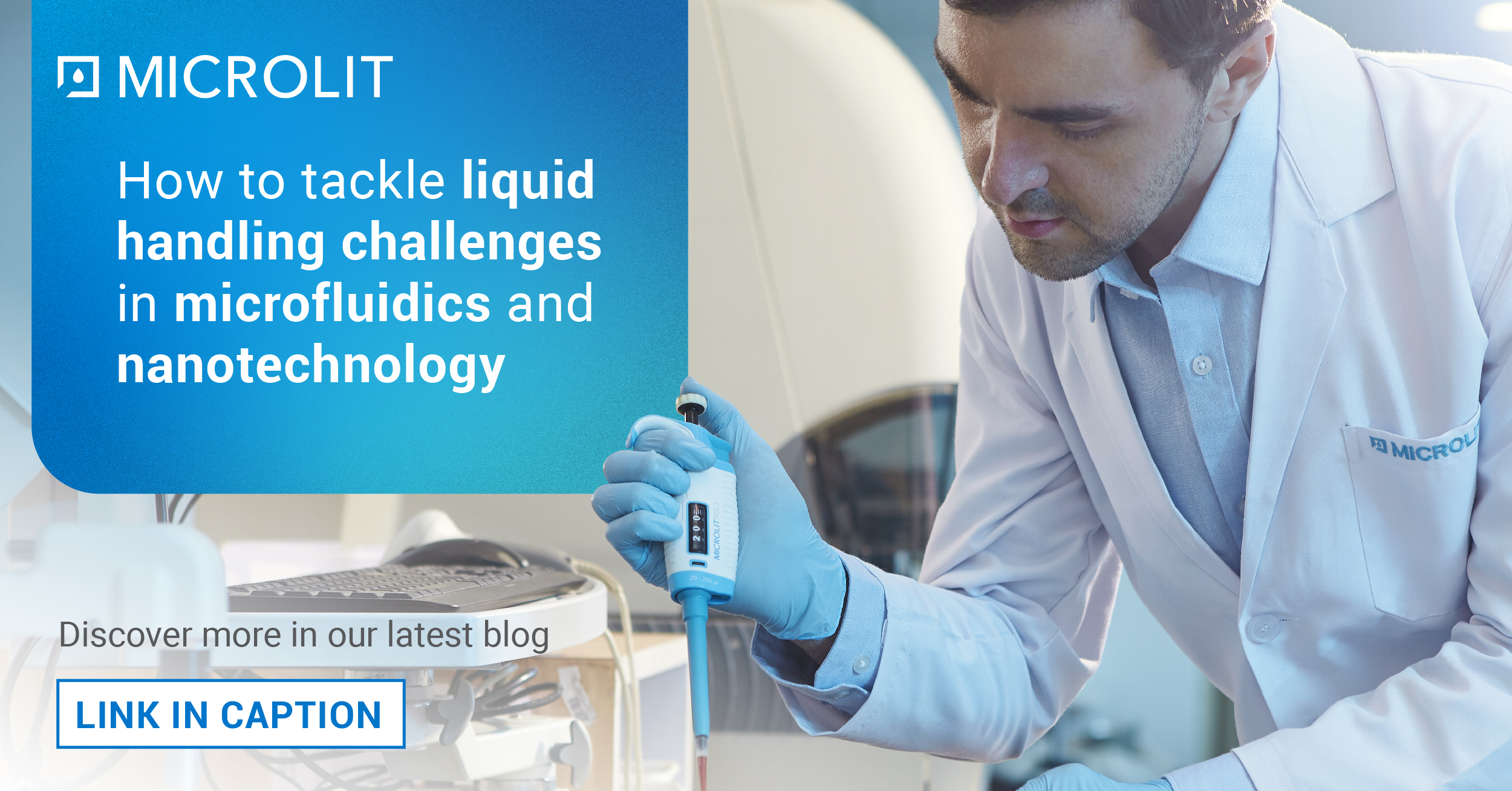
In the ever-evolving landscape of scientific research and technological advancements, microfluidics and nanotechnology have emerged as groundbreaking fields with vast potential for various applications. These disciplines involve the manipulation and control of small volumes of fluids, often at the micro or nanoscale. As researchers delve deeper into these realms, they encounter intricate challenges related to liquid handling, a crucial aspect of experimental success.
Explore the significance of addressing liquid handling challenges in microfluidics and nanotechnology.
What are Microfluidics?
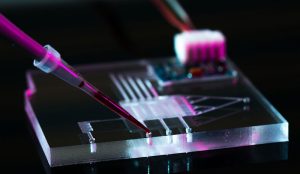 Microfluidics refers to the study and manipulation of fluids at the micrometer scale. The technology enables precise control of small amounts of liquid, typically in the microliter to picoliter range. Microfluidic devices consist of channels, chambers, and valves that allow researchers to perform experiments with minimal sample volumes. Applications of microfluidics span across various fields, including biology, chemistry, medicine, and materials science.
Microfluidics refers to the study and manipulation of fluids at the micrometer scale. The technology enables precise control of small amounts of liquid, typically in the microliter to picoliter range. Microfluidic devices consist of channels, chambers, and valves that allow researchers to perform experiments with minimal sample volumes. Applications of microfluidics span across various fields, including biology, chemistry, medicine, and materials science.
One of the primary advantages of microfluidics is its ability to carry out high-throughput experiments efficiently. Researchers can conduct multiple experiments simultaneously, saving time and resources. Additionally, microfluidic systems facilitate the integration of various processes, such as mixing, separation and detection, within a single platform.
What is Nanotechnology?
 Nanotechnology involves the manipulation and control of materials at the nanoscale, typically ranging from 1 to 100 nanometers. The field encompasses a diverse range of applications, from medicine and electronics to energy and materials science. In nanotechnology, precise liquid handling is crucial for the synthesis and manipulation of nanomaterials, as well as the fabrication of nanodevices.
Nanotechnology involves the manipulation and control of materials at the nanoscale, typically ranging from 1 to 100 nanometers. The field encompasses a diverse range of applications, from medicine and electronics to energy and materials science. In nanotechnology, precise liquid handling is crucial for the synthesis and manipulation of nanomaterials, as well as the fabrication of nanodevices.
Challenges in Microfluidics and Nanotechnology
While microfluidics and nanotechnology hold immense promise, researchers face several challenges related to liquid handling. These challenges can significantly impact the reliability and reproducibility of experiments.
Some of the key challenges include:
- Precision and accuracy: Achieving precise and accurate liquid handling at the micro and nanoscale is challenging due to factors such as evaporation, surface tension effects and fluidic resistance. Maintaining consistency in dispensing exact volumes is critical for obtaining reliable results.
- Contamination: The small volumes involved in microfluidics and nanotechnology make systems highly susceptible to contamination. Even minute impurities can affect experimental outcomes. Researchers need reliable liquid handling solutions to minimize the risk of contamination and ensure the purity of samples.
- Compatibility with different liquids: Microfluidic and nanotechnology applications often require handling a variety of liquids, ranging from aqueous solutions to organic solvents. Ensuring compatibility with different types of liquids without compromising precision is a significant challenge in liquid handling systems.
- Sample loss: Due to the reduced volumes involved, sample loss is a prevalent issue in microfluidics and nanotechnology experiments. Efficient liquid handling systems must minimize sample loss to maximize experimental yield and conserve valuable materials.
A Precise Solution: Microlit
In the pursuit of groundbreaking discoveries, addressing liquid handling challenges is paramount. Microlit products offer reliable solutions, empowering researchers to overcome intricacies and unlock the full potential of microscale and nanoscale applications. These instruments not only address precision and accuracy concerns but also mitigate contamination risks, ensure compatibility with diverse liquids and minimise sample loss.
Microlit’s precision bottle top dispensers and micropipettes offer reliable solutions, empowering researchers to overcome the intricacies of liquid handling and unlock the full potential of microscale and nanoscale applications. With Microlit, researchers can confidently navigate the complexities of liquid handling in the pursuit of groundbreaking discoveries.

